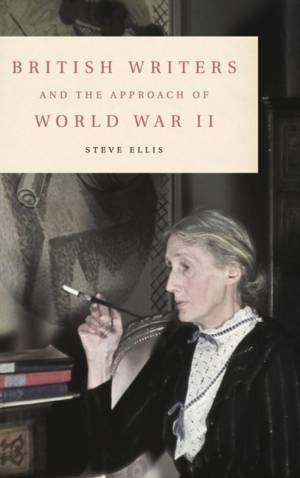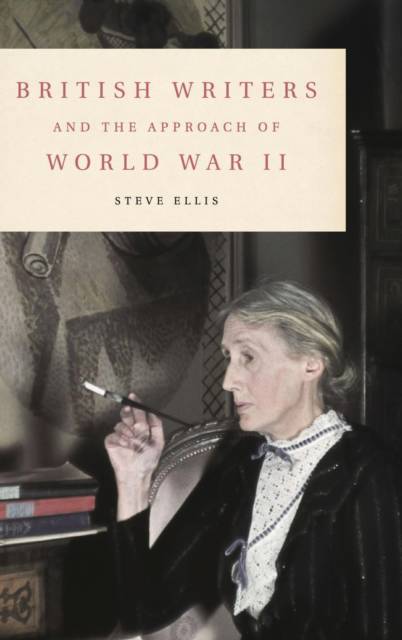
Door een staking bij bpost kan je online bestelling op dit moment iets langer onderweg zijn dan voorzien. Dringend iets nodig? Onze winkels ontvangen jou met open armen!
- Afhalen na 1 uur in een winkel met voorraad
- Gratis thuislevering in België vanaf € 30
- Ruim aanbod met 7 miljoen producten
Door een staking bij bpost kan je online bestelling op dit moment iets langer onderweg zijn dan voorzien. Dringend iets nodig? Onze winkels ontvangen jou met open armen!
- Afhalen na 1 uur in een winkel met voorraad
- Gratis thuislevering in België vanaf € 30
- Ruim aanbod met 7 miljoen producten
Zoeken
€ 172,95
+ 345 punten
Omschrijving
This book considers the literary construction of what E. M. Forster calls 'the 1939 State', namely the anticipation of the Second World War between the Munich crisis of 1938 and the end of the Phoney War in the spring of 1940. Steve Ellis investigates not only myriad responses to the imminent war but also various peace aims and plans for post-war reconstruction outlined by such writers as T. S. Eliot, H. G. Wells, J. B. Priestley, George Orwell, E. M. Forster and Leonard and Virginia Woolf. It argues that the work of these writers is illuminated by the anxious tenor of this period. The result is a novel study of the 'long 1939', which transforms readers' understanding of the literary history of the eve-of-war era.
Specificaties
Betrokkenen
- Auteur(s):
- Uitgeverij:
Inhoud
- Aantal bladzijden:
- 260
- Taal:
- Engels
Eigenschappen
- Productcode (EAN):
- 9781107054585
- Verschijningsdatum:
- 27/10/2014
- Uitvoering:
- Hardcover
- Formaat:
- Genaaid
- Afmetingen:
- 152 mm x 231 mm
- Gewicht:
- 498 g

Alleen bij Standaard Boekhandel
+ 345 punten op je klantenkaart van Standaard Boekhandel
Beoordelingen
We publiceren alleen reviews die voldoen aan de voorwaarden voor reviews. Bekijk onze voorwaarden voor reviews.











